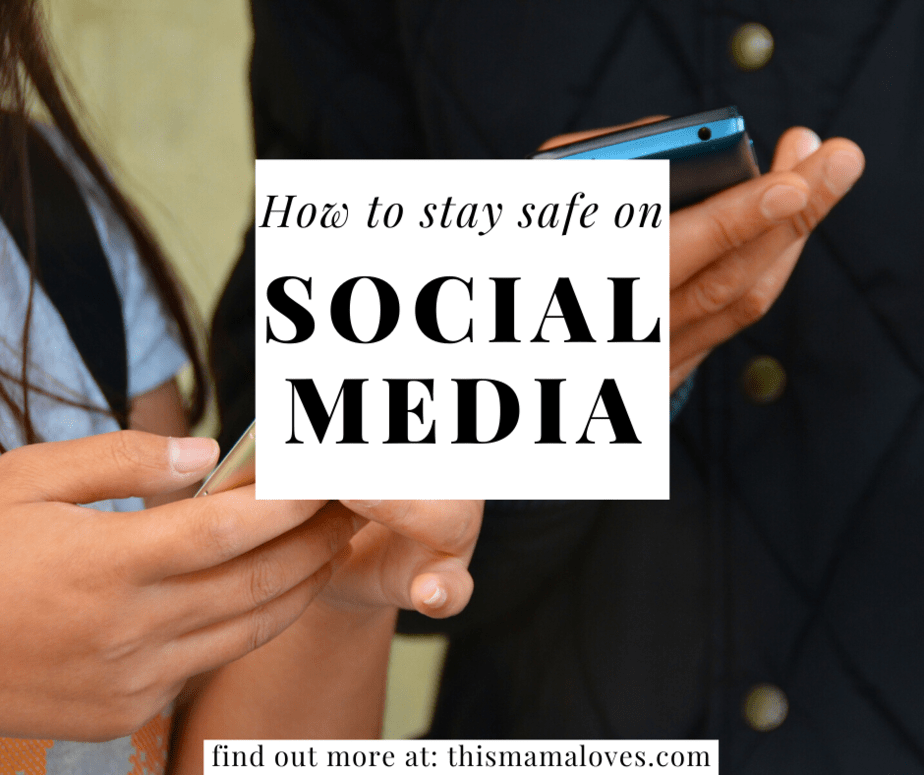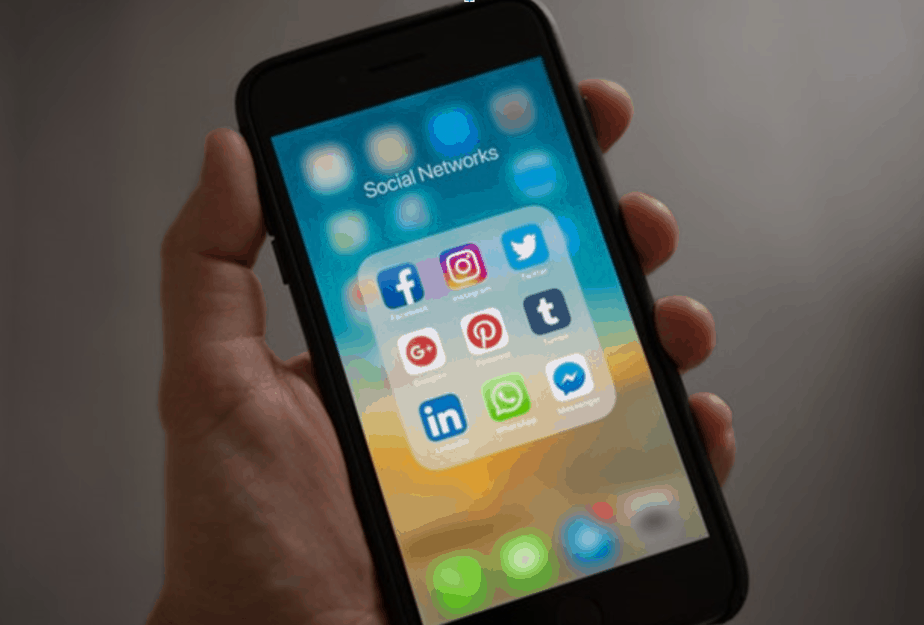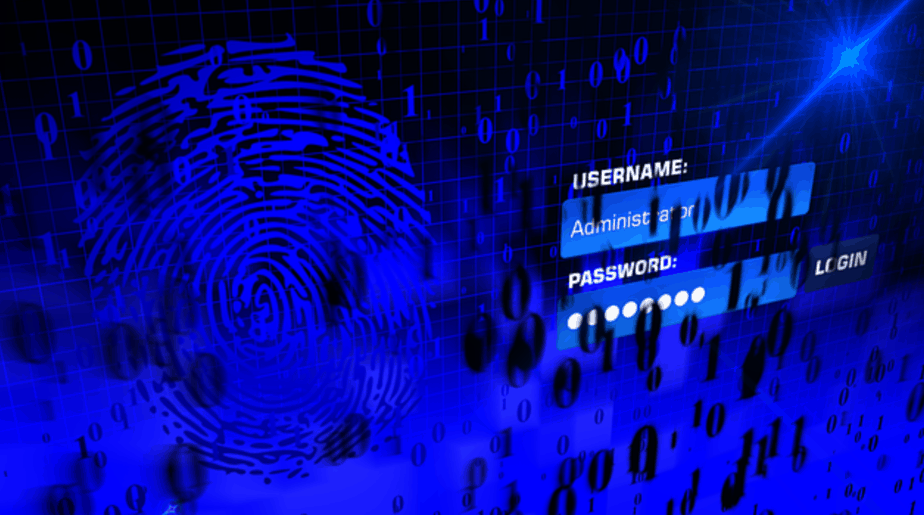What You Need to Do to Stay Safe When Using Social Media Sites

Billions of people around the globe use social media sites each week for personal and/or business reasons. These networks help us to market our businesses, connect with customers, make new friends, stay in touch with family members and friends, and learn new things. As such, there are many benefits to be enjoyed from using them.
Unfortunately, though, hackers know just how many people are on sites like Facebook, Twitter, Snapchat, LinkedIn, and the like, and are becoming increasingly focused on using such spots as ways to get access to sensitive and potentially lucrative information.
This means consumers need to be more careful than ever to protect themselves. Thankfully, you can limit the risk of a cyberattack or identity theft coming by way of social media by taking a few simple yet effective steps to keep hackers at bay.

Install Security Software
Firstly, protect yourself by installing quality, maximum security software onto all computers you utilize when on social media sites. Protect your devices from hackers generally, and there’s less chance of them causing issues by way of networking websites.
In particular, use trusted software products that will prevent you from picking up computer viruses from social media sites, including those hackers design to embed onto systems to note keystrokes and pick up on passwords, usernames, and other sensitive data. The security software you use should cover against a multitude of potential threats, including all spyware, spam, viruses, ransomware, and other malware.
Update Software Systems Often
It’s also vital to keep all software systems updated. The security software you install needs to be kept up to date, as do all other types of programs on the computers you use to check out social media sites. For example, this list includes operating systems, browsers, apps, plugins, games, and so on.
The reason for this is that developers search for gaps in the security of their software that could give hackers a way into systems. Developers then release new versions of programs to plug these holes and keep hackers at bay. If you’re running older options and not the updated ones, you leave yourself more vulnerable to a cybercriminal attack.
Be Selective About the Information You Post Publicly
Hackers focus on social media sites because of all the information people post on them. This data provides a wealth of details for cybercriminals to use for their attacks. If you want to stay safe, therefore, be very selective about what kind of information you post publicly on social media sites for anyone to see.
Hackers can not only see the details you share on your own timelines or pages but also posts that other people share. Information spreads quickly. Note, too, that even if you have set your privacy settings so only “friends” or connections can view your posts, hackers often pose as real people to make connections. Always properly verify that anyone who asks to connect with you on social media is someone you know, and are who they claim to be.
When it comes to posting, don’t share anything hackers could use to get access to your sensitive data, including username, password, email address, and related details. For example, if you’ve based logins on personal information such as the names of your children or pets, your birth date, address, or lucky numbers, don’t mention anything to do with these things online. Cybercriminals mine social media sites looking for any big or small details that might enable them to decipher logins, steal identities, etc.; don’t give them a chance to guess yours.

Use Hard-to-Crack Passwords
A prime factor in staying safe in the digital world is using hard-to-crack passwords that hackers aren’t able to quickly or easily discern. Your social media logins should be no exceptions. It’s wise to have unique usernames and passwords for each site so that if a cybercriminal compromises one code, they won’t be able to break into all of your social media networks at once.
Create proper passwords of a decent length – at least eight characters is best. They should also be made up of a mixture of numbers, letters, and symbols, with no particular pattern to the codes, such as obvious words or repeating numbers. Also, change your passwords a few times per year for added protection.
Social media sites bring many pluses to our lives, but we must all be careful to mitigate the risks they deliver. Sadly, there’s no guarantee that a hacker attack won’t occur, as new methods of assault develop regularly. However, the more strategies like those mentioned above that we implement, and the smarter we are about how we go about our business online, the better chance we have of staying safe.
What do you think about these tips? Do you know what you need to do to stay safe when using social media sites?